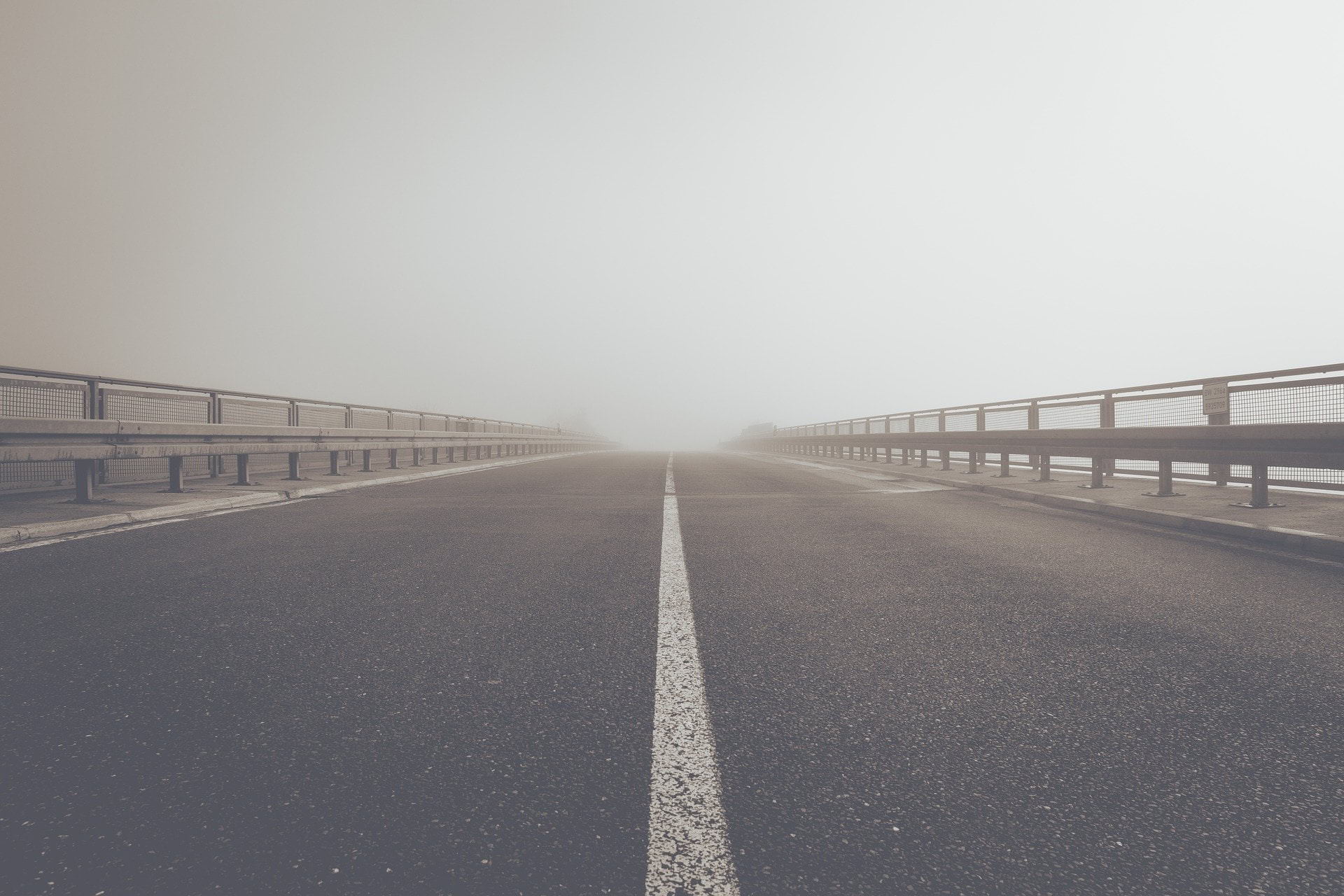This is Our Lane
When I was thinking about what to write for this blog, I went through a list of the usual suspects – the state of peer recovery, the role of Faces & Voices in the recovery community, the scourge of stigma, and a host of worthy topics.
You know, …… “staying in my lane.”
I suspect there are many who could do a better job covering those topics, so instead, I’d rather talk about the journey I’ve experienced as a relative newcomer (less than 20 years of experience) to the peer and recovery world. More specifically, I’d like to highlight some recent changes in tone and tenor of discussion about what it means to be a “Recovery Advocate.”
When I washed up on the shores of recovery island, I was informed about the importance of keeping a relatively narrow focus on the types of policy issues we support, funding we pursued, etc. Coming from the private sector, this made a certain type of sense to me, as mission and scope creep can be deadly in a for-profit environment. My recovery DNA also reminded me to “Keep It Simple Sweetheart,” so the approach dovetailed nicely with that ethos. To borrow a phrase, “All went well for a time,” but I began to notice some things about the national recovery movement. My life experience as a black man (albeit with the benefit of parents who achieved advanced degrees and the financial benefit that accompanies that) has been one of professional isolation from people who look like me. In the tech/marketing sector where I came from, I was frequently the only black senior management type in the room. This is in no way an exclusive experience for black men, but a common observation.
I heard robust dialogue about health parity and discrimination against people with substance use disorder, and while these terms were valid, they rubbed against something in the back of my head. This culminated one day in me seeing a document that demanded reparations from pharmaceutical companies for harms from the opioid overdose crisis. To be clear, these items are relevant. They speak to what advocacy and a demand for justice are all about. Unfortunately, this advocacy and demand for justice seemed to go silent when other issues of social injustice came up. As I examined even some of the internal processes of Faces & Voices, it became clear that there had been an egregious oversight regarding matters of culture. Many of our processes made no mention of culture, diversity or anything of the sort. We weren’t alone. As we looked around, we saw many organizations, doing great work, but with no explicit attention to this issue. Confounding matters, there was also a contingent of those who insisted that cultural issues were somehow, outside the scope of what recovery advocates do. All of this against the backdrop of the murders of Breonna Taylor, Ahmaud Arbery, George Floyd, and Rayshard Brooks.
To steal another phrase from literature I love… “How dark it is before the dawn.” I can only describe what I experienced in that period as a crisis of faith in the recovery movement, humanity, and general rules of fair play. Suddenly, some things came into view. I had known them for a while, but this experience gave them voice in a way that nothing else had previously. I cannot separate my blackness from my recovery anymore that I can separate my gender identity from my sexuality from my ability from my body size from my socioeconomic position. I’m not 6 people, I’m one person. The business of being able to focus only on recovery is a matter of privilege. At no time in my journey have I or any other person of color been able to exist outside of that intersectionality.
Shortly after all that epiphany, that same recovery DNA I mentioned earlier also began to reframe the discussion around what to do, rather than what to think. I won’t bore you with all the details of what I did individually, or what we did as an organization. Some of that is on our website/Facebook/Twitter.

So here’s the point (if you’re still reading). I don’t get to pick recovery justice outside of the frame of social justice because recovery justice is social justice. This doesn’t mean I need to be an expert on all social justice issues, but I don’t get to stay on the sidelines. Infringement of civil rights regarding recovery is no different than the infringement of civil rights based on race, religion, gender identity, sexuality, or ability. To act like we stand for one but not the other is at a minimum disingenuous, and worst-case scenario, supportive of systemic oppression.
While this might seem to some like a course change, I would argue that we’ve always been social justice warriors. The passion and energy I have seen regarding recovery issues is truly something to behold. We’re just widening the road a bit.
This is our lane!
